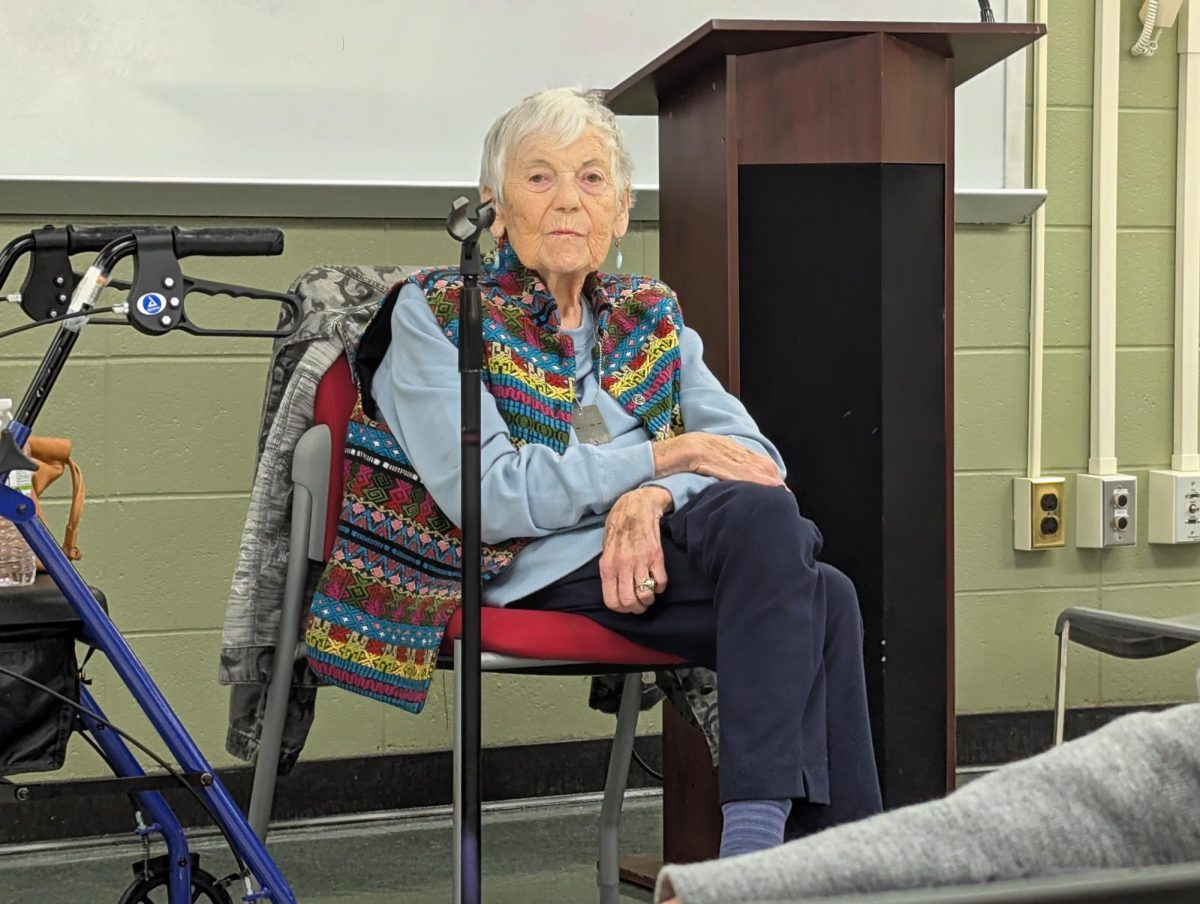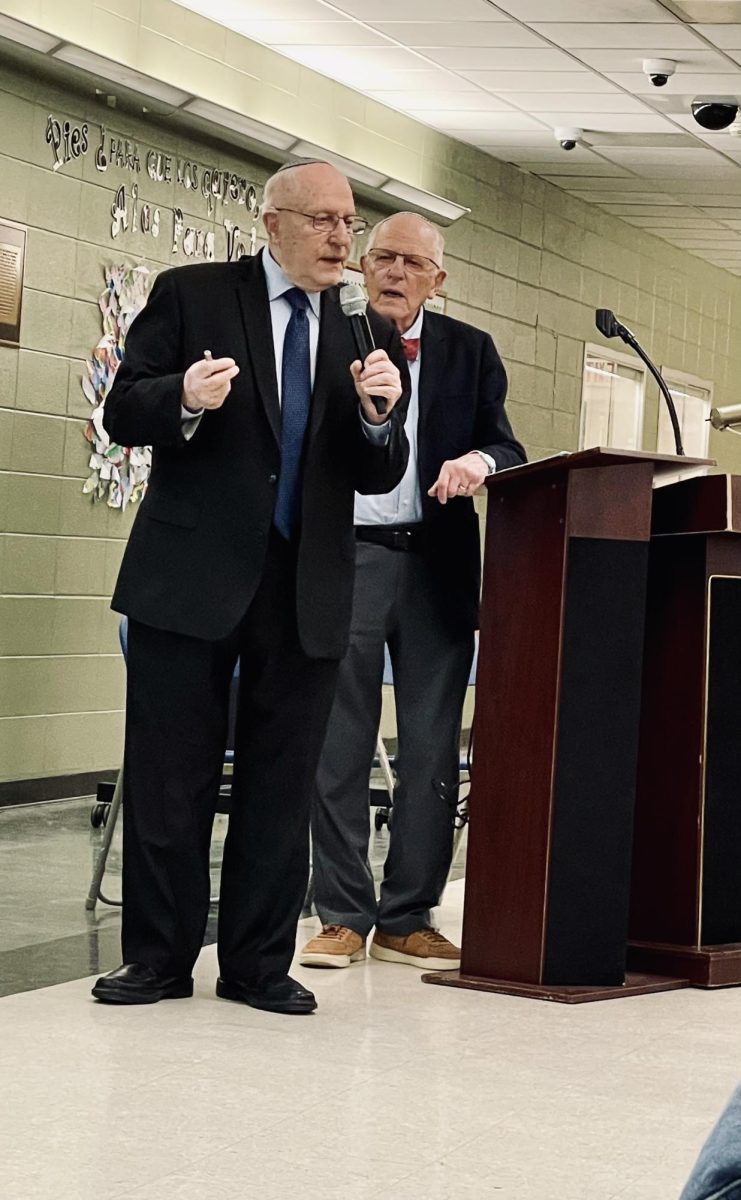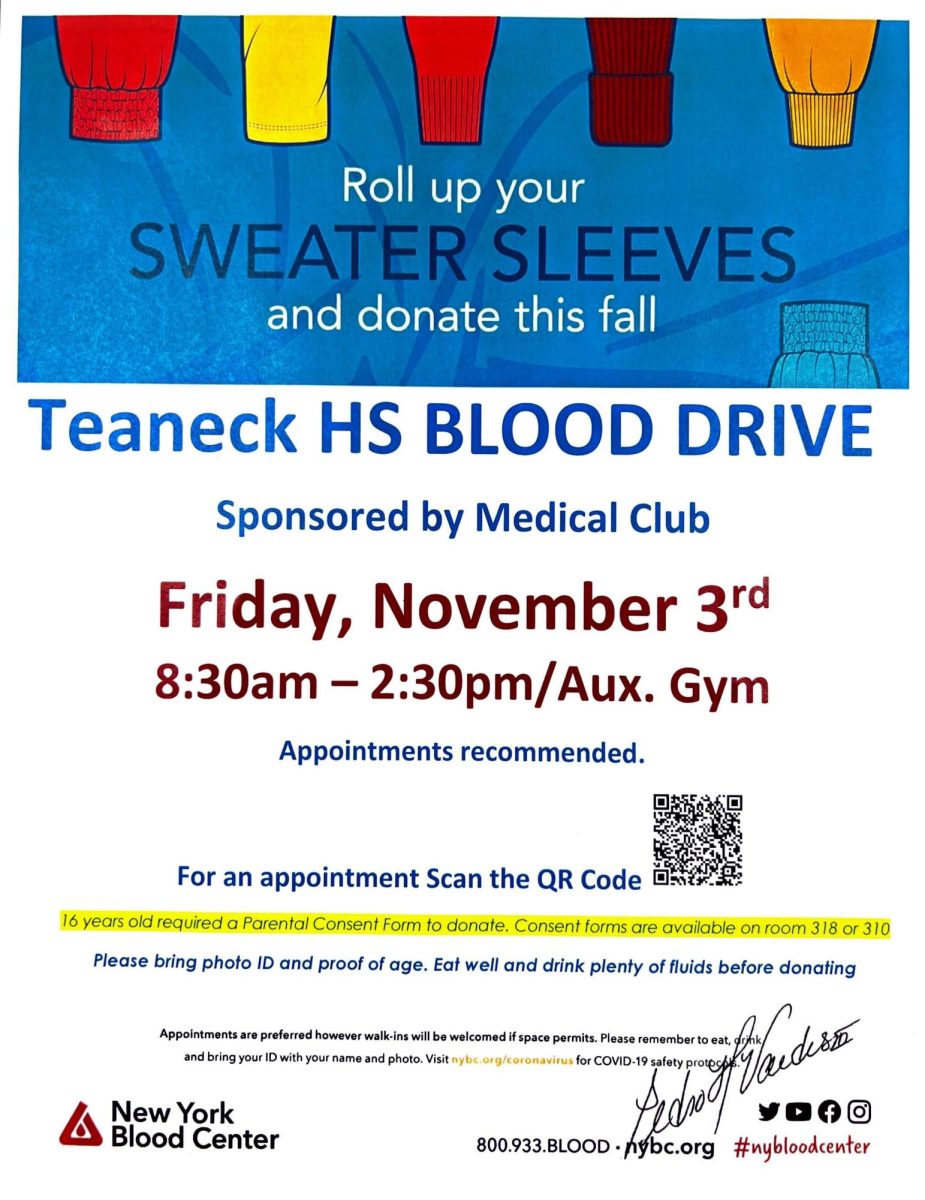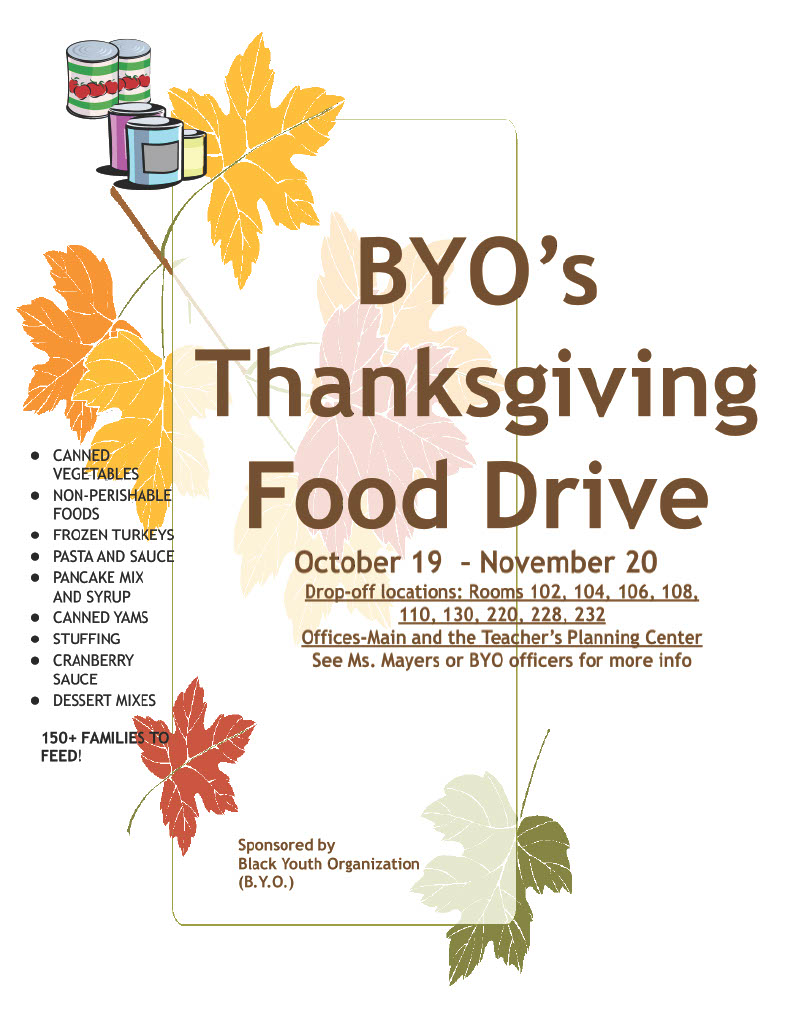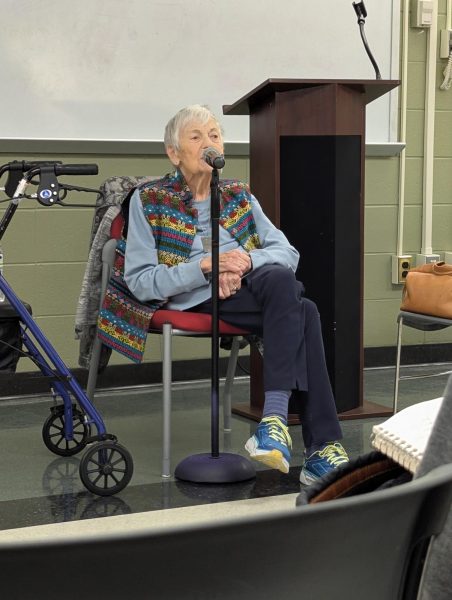 On the twentieth of January, guest speaker Trudy Album came to share her experiences during the times of the Holocaust with the students of Teaneck High School in hopes of offering the future leaders of this world a valuable life lesson that they could take with them along their paths. At 95 years old, she still stands as a true example of resilience and a living testament to one of history’s darkest chapters.
On the twentieth of January, guest speaker Trudy Album came to share her experiences during the times of the Holocaust with the students of Teaneck High School in hopes of offering the future leaders of this world a valuable life lesson that they could take with them along their paths. At 95 years old, she still stands as a true example of resilience and a living testament to one of history’s darkest chapters.
CHILDHOOD
Album was born in the town of Slovakia named Samorin that housed about 1,100 citizens, so it was naturally an incredibly tight-knit community where the citizens all knew one another, with her two younger sisters in the country of Slovakia. Individuals of diverse religions, such as Catholics, Jews, Protestants, and gypsies, all resided in this small town. At only 15 years old, her blissful childhood would be forever shattered when the Nazis invaded in 1943.
Her father, Gershon Engel, managed a store that sold all sorts of clothing for farmers alongside his brother. Despite their different religious background, the community in Samorin coexisted peacefully. Trudy says she had a childhood filled with joy, education, and cultural traditions. She attended public school, took piano lessons, and participated in gymnastics.
MOVING TO ‘ THE GHETTO ’
The peace in Samorin was shattered in 1944 when Nazi forces invaded the town. Album and her family were forced to wear yellow stars, marking them as Jewish. Her father was taken away to do forced labor, and the family was relocated to a ghetto. Although they were allowed to bring furniture, life was no longer safe or simple. Not long after, they were sent to a deportation center and eventually shoved into cattle cars, which were trains packed with so many people that it felt like they were traveling for an eternity. Their destination was Auschwitz.
LIFE IN AUSCHWITZ
The first thing Album remembers seeing as soon as they arrived at Auschwitz was the infamous sign over the gate: “Arbeit Macht Frei” (“Work Makes One Free”). She, her mother, and sisters were separated by Dr. Mengele, who would decide the fate of prisoners with a single wave of his hand. It was the last time she ever saw her mother and sisters. Album reflects painfully, saying, “All my life I thought if I had held my sister’s hand tighter, maybe I would’ve stayed with them.”
In the camp, their heads were shaved, and they were stripped of their clothes, identities, and dignity. She received the tattooed number A17291. The food there was hardly edible. They were given black “coffee,” straw bread, and soup made of vegetable peels. “After a while, you’re so used to hunger that you don’t even feel it,” she said.
Trudy was sent to work in an ammunition factory, where she met a German man who risked his life daily to sneak bread and kielbasa to one of the girls. It felt like a reminder that there were still kind people even in the darkest time.
A NEW LIFE IN AMERICA
In 1945, as the war neared its end, Trudy was among the prisoners freed by the American Army. Weighing only 70 pounds, she returned to Samorin, hoping to reunite with her family. She waited for her father at the train station every day until she learned he had collapsed during a forced march and was shot by a guard. Eventually, she reunited with her uncle who had survived and had relatives in America. In 1946, she immigrated to the United States, and began a new life at just 17 years old.
Album worked tirelessly during the day and studied English at night. She married in 1950 and raised three children, leaving behind a legacy of seven grandchildren. For many years, she never shared her story, not even with her own children. It was only later, with her grandchildren, that she opened up, inspired by their Holocaust education in school.
Trudy Album now speaks to students across the country, urging them to remember and to act with compassion. She reminds young people, “You are the future of this country, the future of humanity. Never hate. Help each other. We are our brother’s keeper.” She has walked the March of the Living in Poland eleven times and continues to be a voice for truth. “Some people say the Holocaust never happened,” she told the students. “You can tell them it did. I met an old lady who survived.”
With courage and kindness, she leaves the students of Teaneck High school with a final message: “We live for such a short time. Make it a good one and raise your children to the best you can. God created a beautiful world. It’s up to the people to keep it beautiful or make it ugly.”
